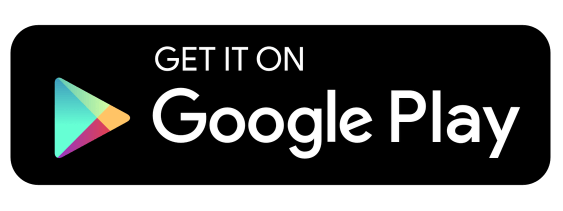Learning English can seem daunting, but technology has revolutionized the journey, making the process more accessible and, above all, fun. With the advancement of language learning apps, you can now study English anywhere, anytime, in an engaging and interactive way. The good news is that there are several apps that make this experience easier, such as Duolingo, Babbel, and Rosetta Stone. In this article, we will explore how each of these apps contributes to learning English in a light and engaging way.
The Evolution of English Learning with Apps
In recent years, English learning apps have become increasingly popular due to their accessibility and ability to adapt to individual user needs. The main advantage of these apps is the flexibility they provide: you can learn at your own pace, whether it’s during a quick break at work or during your commute. And best of all, they use gamification techniques to make learning English truly fun.
Why is Learning English with Apps More Efficient?
Learning English through apps is a modern and practical approach. They offer short lessons, interactive quizzes and immediate feedback, which encourage the user to keep going. In addition, many of these apps include daily challenges, rewards and points systems, which not only motivate but also make learning more engaging.
Plus, you don’t have to be tied to a textbook or a specific class schedule. With these apps, English is literally at your fingertips, ready to be accessed at any time. Whether you’re a beginner or someone looking to improve your English skills, English learning apps are great study companions.
Duolingo: The Fun of Learning English
Duolingo is one of the most popular apps for learning English, and for good reason. With a fun and dynamic approach, it turns learning into a real game. In Duolingo, each lesson is like a level in a game, where you have to complete tasks and earn points to advance. This gamified structure is a big draw for those who want to learn English in a more fun and easy way.

Another interesting feature of Duolingo is the variety of exercises. You can find everything from phrase translations to listening and speaking activities, allowing for more complete learning. In addition, the app offers daily reminders to keep students motivated and in constant contact with English. Even if you only have a few minutes a day to study, Duolingo easily adapts to your schedule.
Advantages of Duolingo for Learning English
- Gamification: Learning English becomes a game-like experience.
- Accessibility: Available on multiple platforms and can be used offline.
- Modular Learning: Short and objective lessons, ideal for those who have little time.


Babbel: Conversation-Focused Learning
Babbel is known for its focus on conversation, which makes it an excellent choice for anyone looking to improve their English communication skills. Unlike Duolingo, which is more geared towards beginners, Babbel offers more detailed and comprehensive lessons focused on everyday topics such as work, travel, and social situations.
Babbel’s lessons are designed by linguists, ensuring effective learning based on real-world situations. This helps students feel more confident when speaking English in everyday life. Another great thing about Babbel is that it provides immediate feedback, which corrects pronunciation and word usage, helping you improve your speaking skills over time.
Benefits of Babbel for Studying English
- Conversational Focus: Greater emphasis on practical and useful dialogues.
- Personalized Lessons: Content adaptable to the user's level and objectives.
- Immediate Feedback: Instant corrections to improve pronunciation and vocabulary.


Rosetta Stone: Learn English in an Immersive Way
Rosetta Stone is one of the most traditional language learning apps and has a unique approach to learning: immersion. From the very first contact, the user is exposed to English without translations into Portuguese, which forces the brain to think directly in the new language. This technique is effective because it simulates the way we learn our native language.
Rosetta Stone offers lessons that involve speech recognition, listening activities, and writing exercises, providing a complete learning experience. The app also has a “Live Conversation” feature, allowing users to practice English with native teachers in virtual sessions.
Why Rosetta Stone is Effective for Learning English
- Immersive Learning: Allows the user to think directly in English.
- Live Interaction: Sessions with native teachers for a more realistic practice.
- Full Course: Lessons covering all aspects of the language, from basic to advanced.
Tips for Getting the Most Out of English Apps
- Establish a Routine: Set a daily time to study with the chosen app.
- Use the App at Various Times: Take advantage of queues, breaks or any free time to practice.
- Vary the Study Methods: Use more than one app to cover different aspects of English, such as vocabulary, grammar, and conversation.
- Practice Consistently: The key to learning English effectively is continuous practice.


Conclusion
Learning English with apps like Duolingo, Babbel, and Rosetta Stone has become easier and more accessible than ever. These apps make learning a fun and interactive experience, helping students advance their communication skills in a practical and enjoyable way. So, if you want to have English at your fingertips, choose the app that best suits your style and start learning today!
